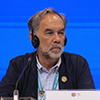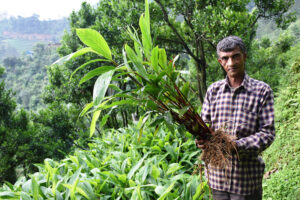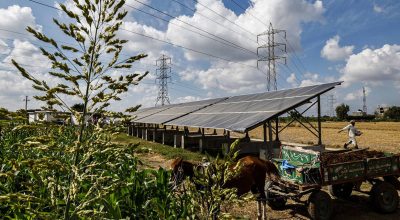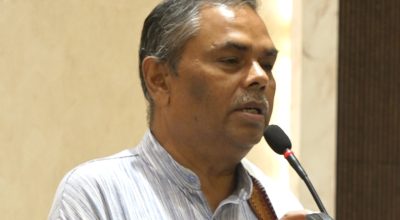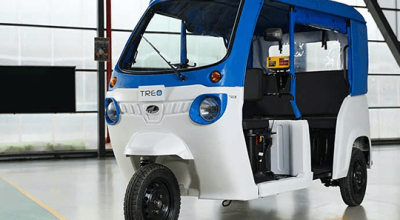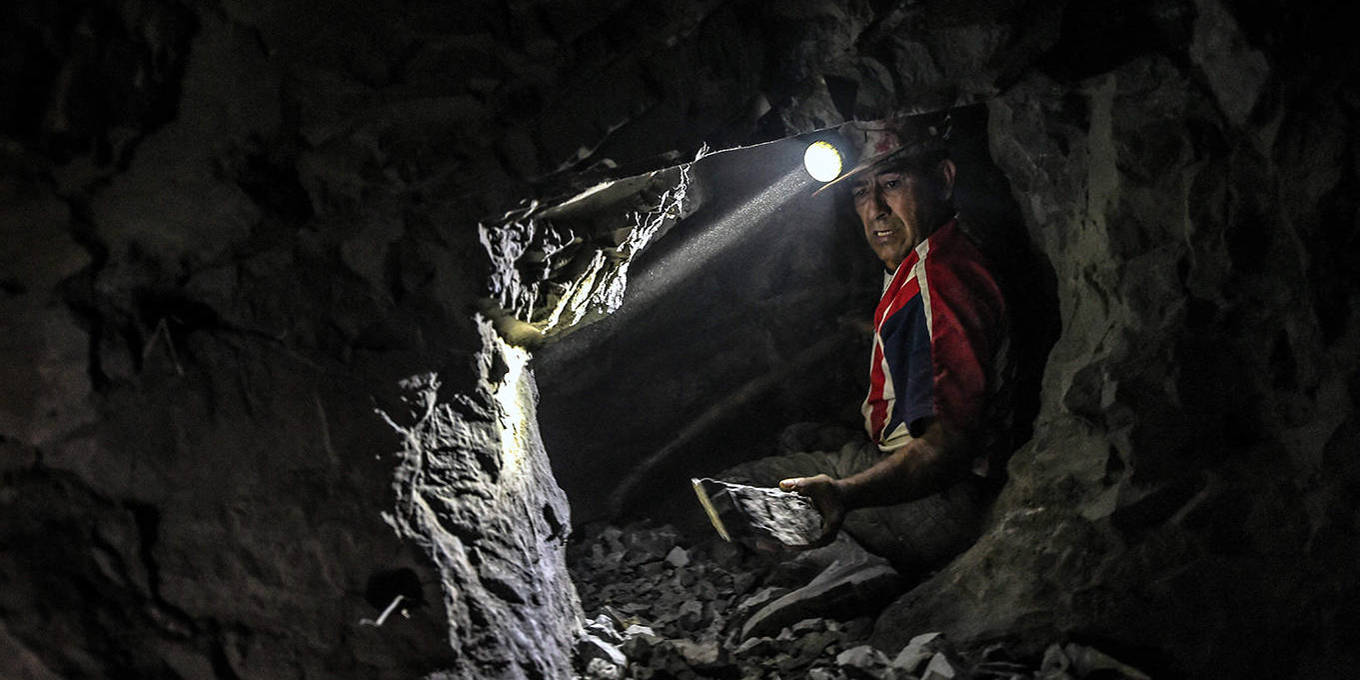
– Mauricio Cabrera Leal
BOGOTÁ, DEC 19 (PS): Fueled by the clean-energy transition and surging gold prices, demand for critical minerals and metals is rising at an unprecedented pace. This trend has supercharged mining activities, posing a serious threat to biodiversity and vulnerable populations, especially indigenous communities. To mitigate the impact and stave off the worst, coordinated global action is more urgent than ever.
To be sure, minerals and metals mining is vital for the energy transition and global economic growth. However, it also jeopardizes the ecosystems that sustain life, leading to habitat destruction and fragmentation, deforestation, water and soil pollution, wildlife poisoning, food insecurity, and watershed loss. Indigenous and local communities often bear the brunt of this crisis, which threatens their livelihoods and their right to a clean and healthy environment.
At the same time, recent studies project that demand for critical minerals, largely driven by the accelerating pace of the green transition, will double by 2030 and quadruple by 2040. Meanwhile, falling interest rates, geopolitical uncertainty, portfolio diversification, and speculative investments are expected to push gold prices even higher.
Against this backdrop, Colombia has recently called for a binding international agreement to ensure traceability, transparency, and accountability across the entire minerals value chain – from mining to recycling – by next year’s United Nations Climate Change Conference (COP30) in Brazil.
Unveiled during the 16th Conference of the Parties (COP16) to the UN Convention on Biological Diversity in Colombia, this proposal follows the recommendations of the UN Secretary-General’s Panel on Critical Energy Transition Minerals. It aims to bolster due diligence, promote corporate accountability, and establish a global market for essential clean-energy inputs. At its core is a commitment to promote the responsible extraction of minerals and metals without abandoning environmental and biodiversity goals. To that end, Colombia’s proposal was accompanied by a joint voluntary declaration on responsible mining practices that outlined a series of concrete steps, including the formation of an ad hoc intergovernmental and multi-stakeholder working group.
It should not come as a surprise that Colombia, one of the world’s most biodiverse countries, is spearheading efforts to promote responsible mining practices. Illegal gold and mineral mining in the Colombian Amazon and along the Pacific coast – often controlled by armed criminal groups – has contaminated water sources with mercury and endangered local and indigenous communities. Rare-earth exploration in the Amazon-Orinoco region has further exacerbated these environmental and social shocks, with the industry’s most vulnerable workers forced to endure precarious conditions verging on slavery.
Colombia’s own history of armed conflict and internal displacement, along with the threat posed by criminal groups targeting indigenous, Afro-descendant, and local communities, underscores the need for a human-rights-based approach to mineral extraction. With this in mind, the joint declaration advocates a just green transition that ensures dignified livelihoods for all.
Africa’s experience offers valuable insights into how to achieve responsible resource extraction. Over the past decade, multiple African countries have adopted due-diligence requirements and traceability standards for tantalum, tin, tungsten, and gold, drawing on frameworks like the 2010 Lusaka Declaration. This landmark agreement, adopted by member states of the International Conference on the Great Lakes Region, introduced several accountability mechanisms, including a regional certification system aimed at enhancing transparency and reducing illegal mining.
Similarly, the 2016 OECD Due Diligence Guidance for Responsible Supply Chains of Minerals from Conflict-Affected and High-Risk Areas provided companies that source raw materials from volatile regions with practical tools to identify and report human-rights violations and environmental harm. Subsequent frameworks, such as the OECD’s 2018 Due Diligence Guidance for Responsible Business Conduct and 2023 Guidelines for Multinational Enterprises on Responsible Business Conduct, urged firms to consider the broader effects of their activities, addressing issues like labor rights, sustainability, and ethical governance.
Regrettably, the application and enforcement of these measures remain largely confined to specific regions. By facilitating the cross-border exchange of knowledge and expertise, global policymakers could develop robust accountability mechanisms spanning the entire lifecycle of metals and minerals, from extraction and trade to recycling and disposal.
Multilateral cooperation is crucial for driving this transformation. Colombia’s initiative, it is hoped, will mark the emergence of a new paradigm that spurs global climate action and paves the way for sustainable development.
Mauricio Cabrera Leal is Deputy Minister of Policy and Regulation at the Ministry of Environment and Sustainable Development in Colombia.
Copyright: Project Syndicate, 2024.
www.project-syndicate.org




